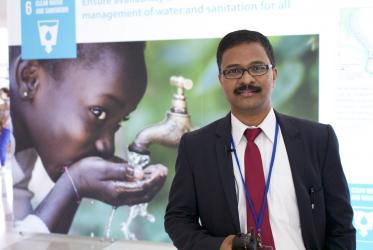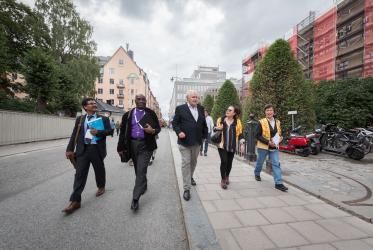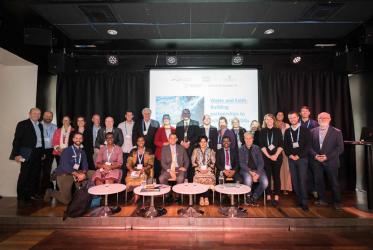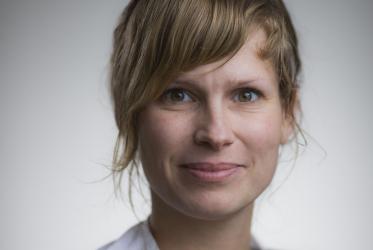Displaying 1 - 20 of 21
WCC President Wejryd: ‘Water, in many ways, represents God’
27 September 2019
Doing his best without being the best
07 September 2018
Faith and Water: Translating words into action
30 August 2018
Emily Welty: tide of hope for a world free from nuclear weapons
19 September 2017
On World Water Day, we ask: “why waste water?”
22 March 2017
WCC Blue Community implements water changes in the Ecumenical Centre
16 February 2017
WCC Executive Committee issues statement on climate justice
25 November 2016
Winners of WCC photo contest announced
09 May 2016










